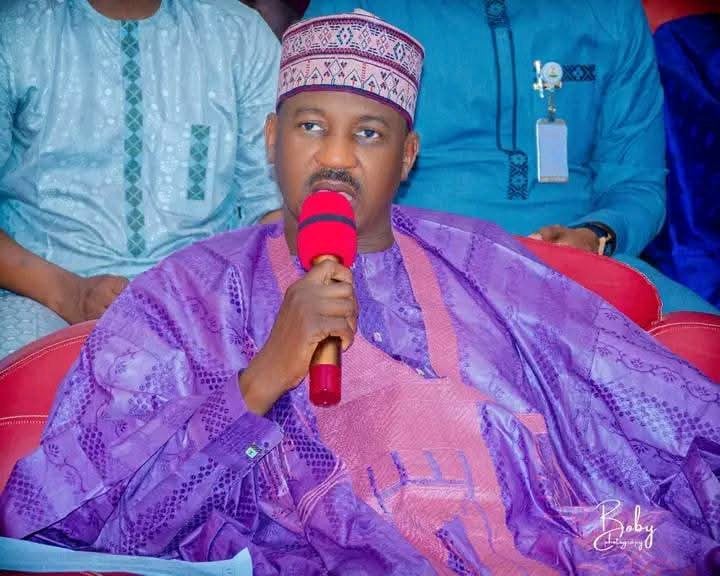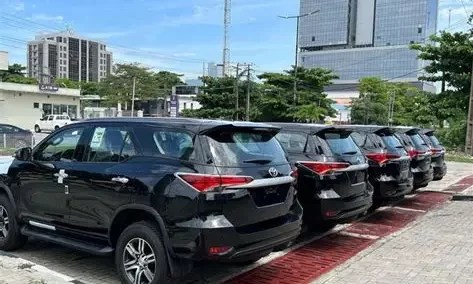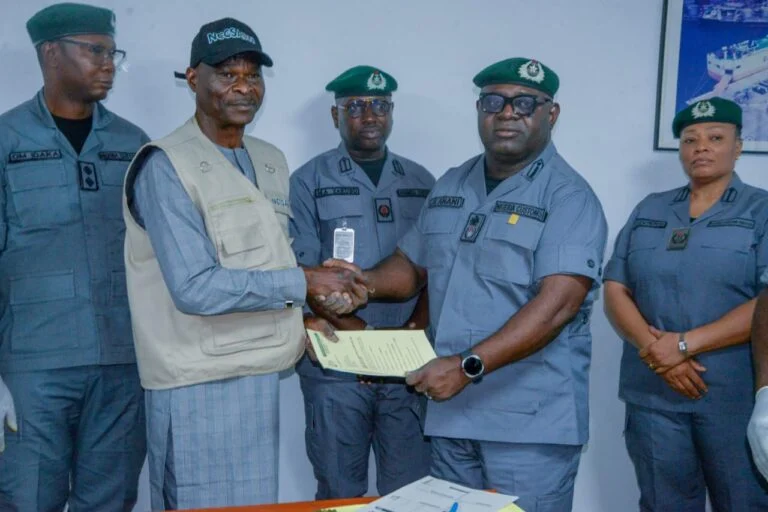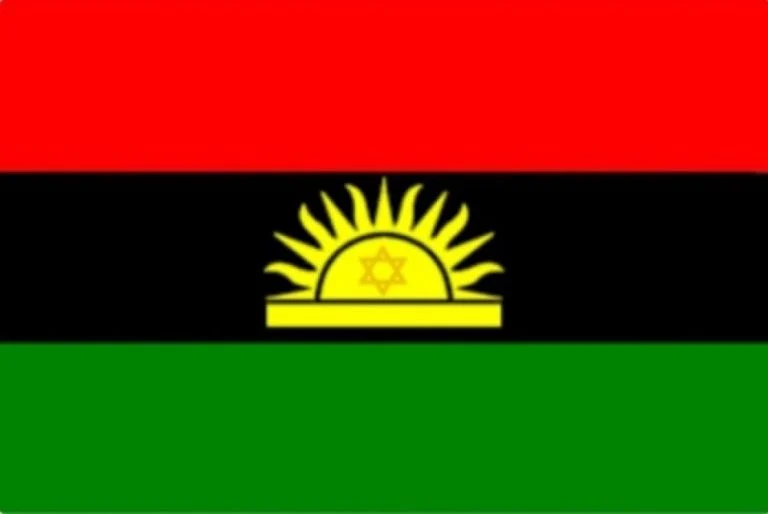Sokoto Governor Unveils Citizen-centered 2026 Budget

Sokoto State Governor, Ahmed Aliyu, has presented the framework for the state’s 2026 budget, pledging a community-driven fiscal agenda shaped by inputs from residents across all 23 local government areas.
Aliyu outlined the priorities during the 2026 Citizen Town Hall Budget Discussion held on Sunday at the Sultan Maccido Institute for Qur’anic and General Studies.
The meeting marked the culmination of a weeks-long consultation process introduced to improve transparency and rebuild confidence in state budgeting.
Commissioner for Budget and Economic Planning, Dr Abubakar Zayyana, described the town hall as “the grand finale of citizen engagement,” noting that the administration adopted the public-participation model this year to align with national reform standards and global open-governance practices.
Aliyu, who campaigned on restoration, accountability and infrastructure renewal, said the contributions gathered from the three senatorial districts had shaped the 2026 priorities.
He described the town hall as “a modern test of our democracy and our collective future.”
Traditional institutions, development partners and civil society groups used the platform to highlight sectoral concerns.
Representing the Sultan of Sokoto, the District Head of Wurno, Alhaji Kabir Alhassan, praised ongoing rehabilitation of roads, schools and primary healthcare centres, while urging the government to include district heads and palace staff in the planned minimum-wage adjustment.
UNICEF officials welcomed the administration’s increased allocations for child health, nutrition, water and education, stressing that sustained investment is critical to addressing long-standing challenges such as high malnutrition levels and the state’s large population of out-of-school children.
Civil society groups, led by Dr Abdulrahman Umar, pledged to monitor implementation to ensure equitable delivery across the state.
Women’s advocate, Dr Nafisa Alhassan, called for urgent prioritisation of the State Water Board to address chronic water shortages that disproportionately burden women.
Representatives of ethnic minority communities and youths also made submissions. Igbo community leader, Chief Augustine Onumba, commended recent efforts to integrate non-indigenes into local economic activities, while youth advocate, Zayyana Adam, requested immediate renovation of the neglected State Sports Centre to support youth development and deter crime.
Aliyu assured residents of Offa Road—an area with a high non-indigene population—that rehabilitation would be undertaken, saying the project would receive prompt attention “once the community supports the government and votes in the forthcoming general elections,” a remark that underscored the political undertones surrounding the meeting as the 2027 polls approach.
The governor closed by reaffirming his commitment to inclusion, transparency and data-driven governance.
“A responsible budget is what we owe our people. Together, we will make the development story of Sokoto come true,” he said.
The initiative follows similar engagements held during the formulation of the 2025 budget, where Aliyu pledged to deepen partnerships with the Nigerian Governors’ Forum, USAID State2State and other development partners.









